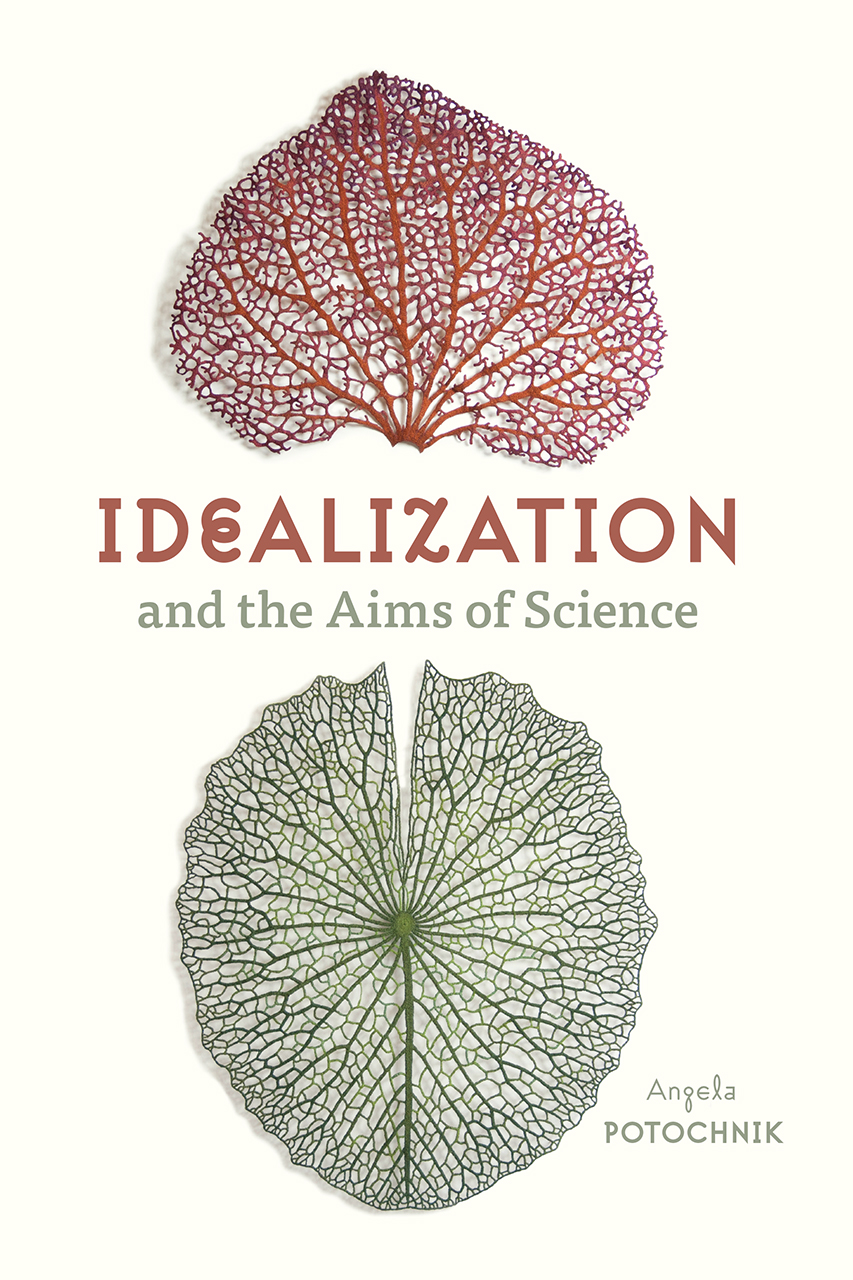34I0197
This course is co-taught with Marcel Weber.
It its widely assumed that science aims at truth and is sometimes successful in this quest. Time and again, philosophers, historians and sociologists of science have called these assumptions into question. In this seminar, we will discuss some recent challenges as well as attempts of defending the traditional view. Among other topics, we will discuss the view that science should aim at empirically adequate theories, because truth is not justifiable. Another approach to be critically examined takes the widespread practices of idealization as a point of departure for arguing that the goal of science is to provide understanding, which does not require truth. Of course, we will also consider what sorts of entities (e.g., theories, models, causal hypotheses) can be said to be true or perhaps approximatively true.
This seminar will be conducted in English. The readings will be made available on moodle.
